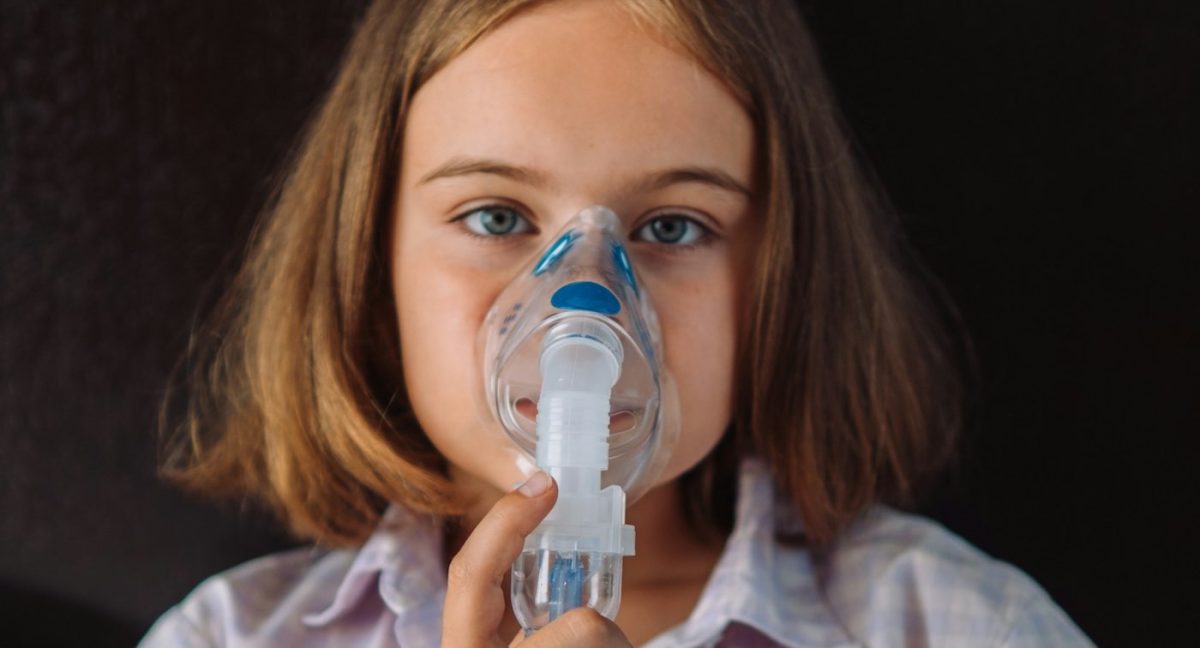In a groundbreaking development for asthma treatment, British scientists have unveiled the first new therapy in half a century. This innovative injection has shown to be significantly more effective than traditional steroid tablets, reducing the need for additional treatments by an impressive 30%.
Researchers believe this discovery could revolutionize care for millions suffering from asthma and chronic obstructive pulmonary disease (COPD). The drug is already available on the market, making it a viable option for immediate use.
Asthma attacks and COPD flare-ups can be life-threatening; official statistics reveal that dozens die daily in the UK due to severe symptoms. These exacerbations—characterized by wheezing, coughing, and chest tightness—are linked to elevated eosinophils, a type of white blood cell responsible for inflammation. Alarmingly, they account for nearly half of all asthma attacks and up to 30% of COPD flare-ups.
For over fifty years, medical treatments have remained stagnant with steroids like prednisolone as the primary option. However, these steroids come with serious side effects such as diabetes and osteoporosis and often fail to provide relief for patients requiring repeated doses.
The recent clinical trial led by King’s College London tested Benralizumab—a monoclonal antibody targeting eosinophils—to reduce lung inflammation. Remarkably, a single dose administered during an exacerbation proved four times more effective than steroid tablets.
Professor Mona Bafadhel, the lead investigator from King’s College stated: “This could be a game-changer for people with asthma and COPD.” The study published in The Lancet Respiratory Medicine involved high-risk patients divided into three groups: one receiving Benralizumab with placebo tablets, another getting standard care (prednisolone), and the last group receiving both treatments.
After just 28 days, those treated with Benralizumab reported significant reductions in respiratory symptoms. By day 90, the results were staggering: four times fewer individuals required further treatment compared to those on standard care.
This breakthrough not only promises fewer hospital visits but also enhances overall quality of life for asthma and COPD patients. Professor Bafadhel emphasized that using this drug at the onset of an exacerbation marks a significant shift in treatment methodology.
The potential for administering this injection safely at home could transform how we manage asthma and COPD exacerbations globally. As Dr. Sanjay Ramakrishnan noted:
“COPD is the third leading cause of death worldwide… We need to provide these patients with life-saving options before their time runs out.”
77-year-old Geoffrey Pointing participated in the study and described his experience as “fantastic,” highlighting the absence of side effects he previously endured with steroids.
Dr. Samantha Walker, director of research at Asthma + Lung UK hailed these findings as “great news,” underscoring the urgent need for advancements in treating lung conditions that claim millions of lives annually.






Leave a Comment